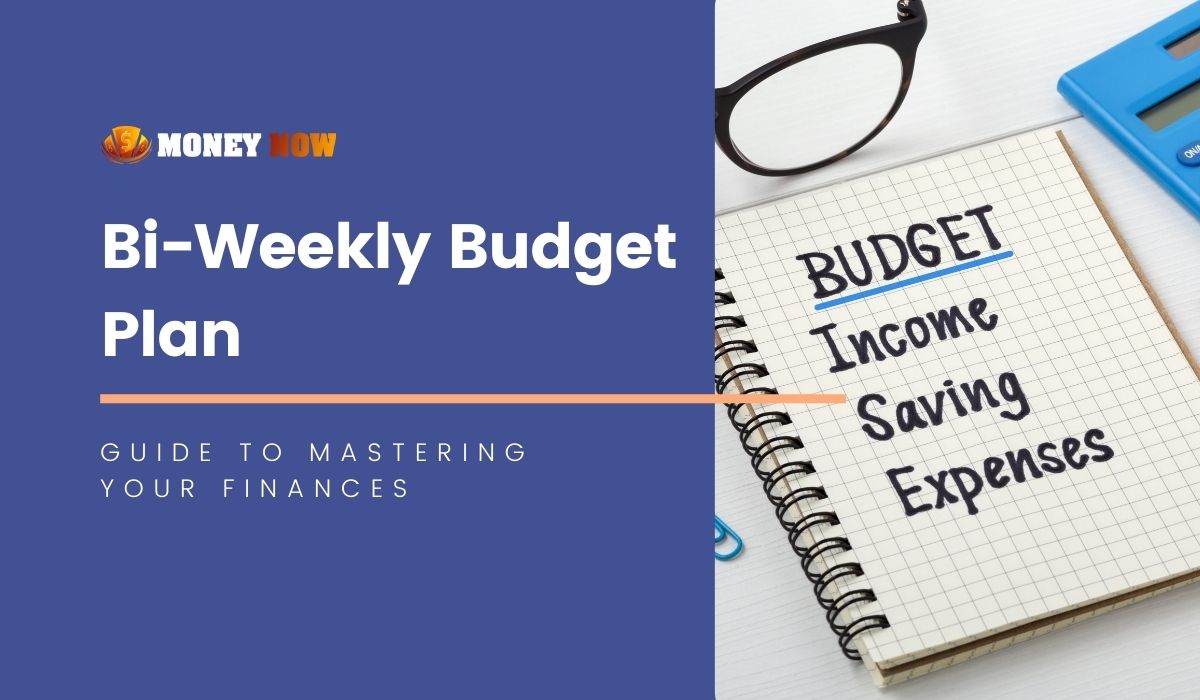
A bi-weekly budget plan is a financial management tool designed for individuals who receive their income on a bi-weekly basis. This plan not only involves allocating your income to various expenses, savings, and investments every two weeks but also allows for a more effective allocation of expenses to each paycheck compared to a monthly budget. By aligning with your pay schedule, the primary advantage of this system is its synchronization with your income flow, making it easier to manage cash flow and avoid overspending.
“Bi-weekly budget plans align with bi-weekly paychecks for streamlined cash flow and timely bill management.”
The first step in creating a bi-weekly budget is to assess your financial situation thoroughly. This involves calculating your total bi-weekly income and listing all your expenses, including fixed costs (like rent or mortgage payments) and variable expenses (such as groceries and entertainment). Don't forget to include periodic expenses like insurance premiums or annual subscriptions, prorated to fit the bi-weekly format.
Once you have a clear picture of your income and expenses, the next step is to categorize your expenses. Essential categories typically include housing, utilities, food, transportation, debt repayment, and savings. Allocate a portion of your income to each category, ensuring that your total expenses do not exceed your income. Prioritize necessities and debt repayment, and then consider discretionary spending.
A crucial aspect of the bi-weekly budget plan is focusing on savings and debt reduction. Aim to allocate a portion of each paycheck towards savings, whether it's for an emergency fund, retirement, or specific financial goals. If you have debt, strategize to pay more than the minimum payment to reduce interest costs and expedite debt clearance.
“Frequent budget reviews every two weeks enhance financial discipline and quickly correct overspending.”
The key to successful budgeting is regular monitoring and adjustment. Track your spending throughout the bi-weekly period and compare it against your budget. This will help you identify areas where you may be overspending and make necessary adjustments. Remember, a budget is not set in stone; it should evolve with your financial situation.
An effective bi-weekly budget also includes planning for unexpected expenses. Set aside a portion of your income for an emergency fund. This fund acts as a financial buffer, helping you manage unforeseen expenses without disrupting your budget or resorting to debt.
Adopting a bi-weekly budget plan is a powerful step toward financial mastery. It encourages disciplined spending, promotes savings, and aids in debt reduction. By regularly assessing and adjusting your budget, you can ensure it aligns with your changing financial needs and goals. Remember, the journey to financial stability is a marathon, not a sprint. With commitment and consistency, a bi-weekly budget plan can be your roadmap to a more secure and prosperous financial future.
To learn more about budgeting and planning with a 13/hr salary, read through our blogs at Money Now today.
